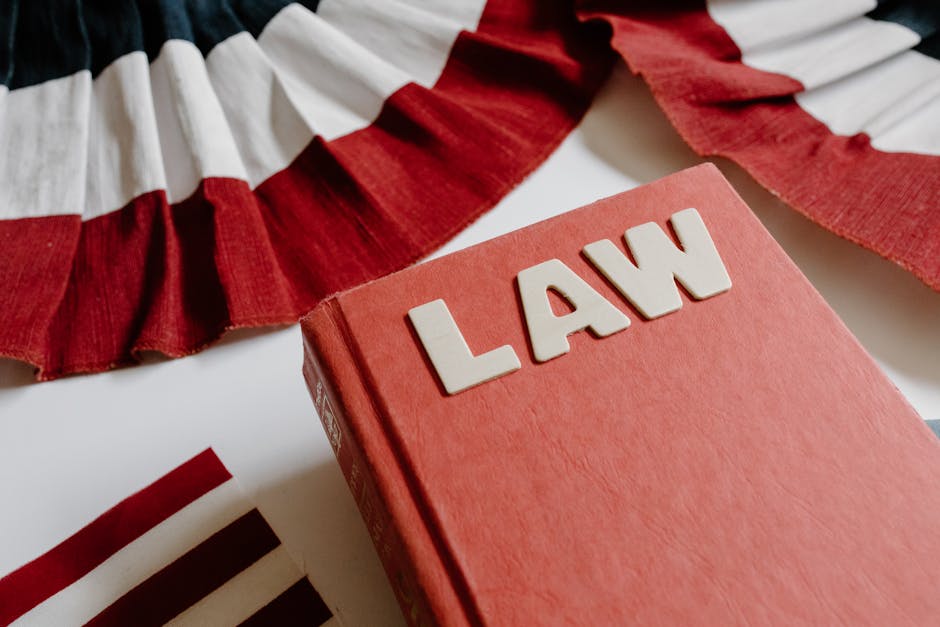A significant aspect of this protection lies in the existence of constitutional safeguards. Fundamental rights, often enshrined in a country’s foundational documents, provide a baseline of protection against governmental overreach. These documents frequently outline basic liberties like freedom of speech, religion, and assembly. A key element here is the concept of judicial review, a process where courts assess the legality of laws and governmental actions in light of constitutional principles. When legislation or administrative procedures infringe upon these fundamental rights, courts can invalidate them, thereby upholding the paramountcy of constitutional guarantees. Cases of landmark significance, like Marbury v. Madison in the US, highlight the critical role of judicial review in safeguarding individual rights against potentially oppressive laws.
Furthermore, a robust system of legal representation is crucial. Access to legal counsel ensures individuals have a voice in legal proceedings and are not disadvantaged due to lack of expertise or resources. This access is not merely a procedural formality but a substantial safeguard against unfair treatment. Legal aid organizations, public defenders, and pro bono lawyers play a vital role in ensuring that those with limited resources have access to the legal support they need to navigate complex legal systems and assert their rights effectively. The principle of equality before the law necessitates that these legal protections are available to everyone, regardless of socioeconomic status or other factors.
Beyond constitutional protections and legal representation, a system of procedural safeguards plays a vital role in protecting individual rights. These procedural safeguards, detailed in legal codes and court rules, outline the specific steps and processes that must be followed in legal proceedings. Fair trials, the presumption of innocence, the right to due process, and the right to confront one’s accusers these are foundational elements of procedural fairness. These protections aim to prevent arbitrary arrests, ensure that evidence is obtained lawfully, and guarantee an impartial judgment. Such procedures often provide checks and balances on the power of the state, minimizing the potential for abuse and ensuring that individuals are treated justly. The intricacy and nuance of these procedures underscore the complex interplay between individual rights and governmental interests.
Legal remedies form an additional crucial element. When rights are violated, individuals must have recourse to legal mechanisms that can address the harm. This may involve compensation for damages, injunctions to prevent further violations, or other forms of redress. These remedies are crucial, both for the individual affected and for deterring future abuses. They provide a powerful incentive for adherence to legal norms and uphold the integrity of the legal system itself. The effectiveness of these remedies varies based on the specific circumstances and legal frameworks. In some instances, these remedies might be limited by jurisdictional constraints or political realities.
Contemporary issues, such as technological advancements and globalisation, introduce novel challenges to the protection of individual rights. The use of surveillance technologies, the handling of data privacy, and the increasing prevalence of cybercrimes all demand careful consideration and adaptation within legal frameworks. The rapid evolution of these issues demands a dynamic and responsive approach to safeguarding individual rights in these new and complex arenas. International human rights law, while not directly enforceable in every jurisdiction, provides important norms and principles that can inspire and inform domestic legal systems. The increasing recognition of global interconnectedness necessitates a greater appreciation of the need for international cooperation in upholding universal human rights.
A crucial component in securing individual rights is the vigilant monitoring and oversight of governmental institutions and actors. Independent oversight bodies and commissions play a significant role in scrutinizing law enforcement practices, preventing corruption, and investigating potential abuses of power. This mechanism of checks and balances is crucial, as governmental power, if unchecked, can easily impinge on individual freedoms.
In conclusion, a robust and comprehensive legal system is instrumental in safeguarding individual rights. A system incorporating constitutional protections, legal representation, procedural safeguards, legal remedies, adaptability to modern challenges, and independent oversight is paramount for ensuring a fair and just society. It is an ongoing process, necessitating constant scrutiny, adaptation, and an unwavering commitment to upholding the fundamental freedoms of every individual. The quest to balance individual freedoms with societal needs requires constant vigilance and a dedication to the principles of fairness, justice, and equality. Ultimately, the effectiveness of any legal system in protecting individual rights hinges on its ability to continuously evolve and adapt to the complexities of the modern world.
